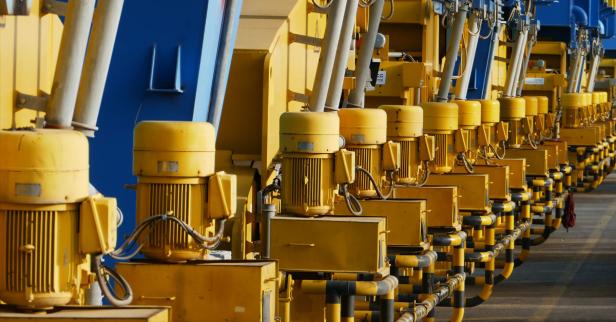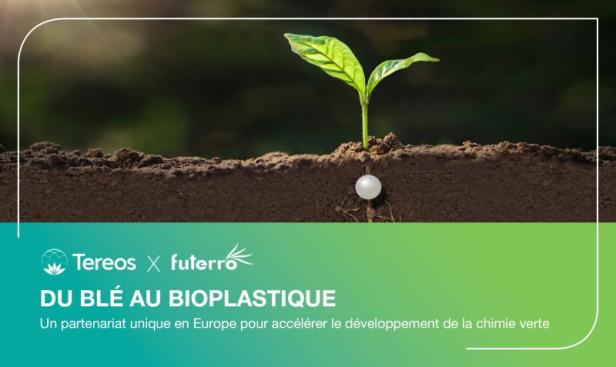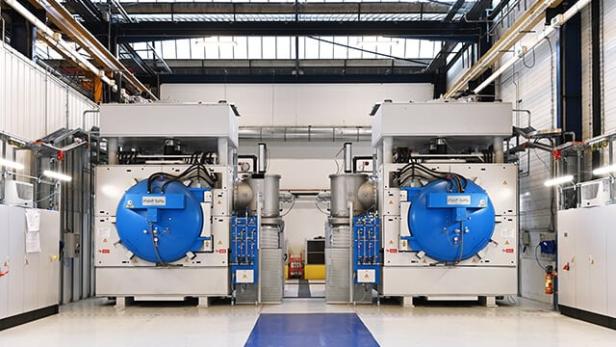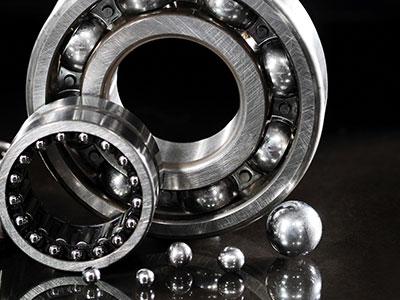Reducing the carbon footprint of polymers: a challenge for the plastics and composites sector
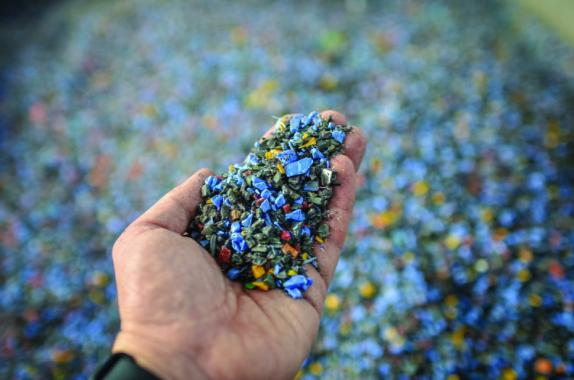
The decarbonation of polymers, a challenge for the plastics and composites industry
Global plastic production doubled between 2000 and 2019, from 234 million tonnes to 460, according to the Organization for Economic Co-operation and Development ( OECD ). Plastics are responsible for 3.4% of global greenhouse gas emissions. How can we reduce the carbon footprint of this ubiquitous material in our lives? Answers with Marc Madec, Sustainable Development Director at Polyvia , the union of polymer processors.
Polymers have revolutionized industrial production and have become essential to many sectors such as aeronautics, automotive, electronics, health, construction or food. Polyethylene, polypropylene, polystyrene, PVC, PET… plastic materials offer a range of remarkable properties: lightness, flexibility or extreme rigidity, resistance, malleability, biocompatibility, harmlessness, insulation…
Energy saving and recycling
Around its Polyvia union, the plastics and composites sector is mobilized in a dynamic of innovation and industrial transformation to continue the decarbonization of the sector and accelerate the adoption of the principles of the circular economy and sustainable development. “ Our constant objective is to implement less energy-intensive production processes, by always using more green energies, specifies Marc Madec . For example, we have created with EDF a specific CEE (energy saving certificate) to replace hydraulic injection presses with less energy-consuming electric presses. Several thousand presses have thus been purchased by plastics processors who have benefited from state aid. »
For more than 20 years, research has also made it possible to develop the recycling of plastic waste. Most recycled plastics today perform as well as virgin resins. " We want to encourage our manufacturers to switch all or part of their production to these recycled materials," adds Marc Madec. Replacing one ton of virgin material with one ton of recycled material saves between 2 and 2.5 tons of CO2. It is considerable! »
A virtuous circle
In France, an organization represents companies that recycle plastic waste. It is the SRP (national union of plastics regenerators). In 2021, its members produced nearly 540,000 tonnes of RPM (Recycling Raw Materials or Regenerated Raw Materials). That is an increase of 24% (19% at constant scope) compared to 2020. The potential for CO2 savings for the year 2021 was therefore more than one million tonnes.
“ Manufacturing these recycled materials consumes less energy and produces less CO2,” says the Polyvia Sustainable Development Director. With each delivery, the SRP can issue a CO2 savings certificate to the plastics processor who can then communicate this data to these customers. A virtuous chain is set up. The main customer industrial sectors are packaging (42%), construction (29%) and automotive (12%).
Support and funding assistance
With the IPC (Industrial Technical Center for Plastics and Composites), Polyvia has set up tools (training, webinars, technical support, etc.) to enable manufacturers to be supported in integrating MPR. Together with Ademe , the trade union also launched ORPLAST , a call for projects aimed at financially supporting the integration of MPR by plastics processors or processors in finished products. “ It's development and investment aid that has enabled real progress to be made in terms of incorporating recycled materials ,” says Marc Madec.
Since 2019, the MORE label (MObilized to REcycle) has been awarded to manufacturers who source recycled raw materials in their production. In 2020, 447,500 tonnes of plastics
were recycled and reincorporated in France. Polyvia has committed to incorporating one million tonnes of recycled plastic materials by 2025.
The “plastics of the future”
The objective set by the government to make all used plastics recyclable by 2025 ( AGEC Law) also involves improving sorting for individuals, collection for communities and, for manufacturers, by integration of end-of-life constraints from product design. “ It is important to design products by integrating recycled materials from the outset. Several areas should also be highlighted, such as reparability, the rationalization of plastics – to avoid mixing which is an obstacle to recycling – and reuse, to switch from single-use products to reusable products. »
Research work also focuses on the "plastics of the future": "smart" polymers, adaptable, self-repairing and designed to be recycled, but also polymers produced from renewable resources (bio-sourced polymers). These new plastics appeared in the 2000s, made from by-products and agricultural waste (seaweed, corn, potato starch, sugar cane, cotton or even beets). “ Today they represent less than 1% of global plastic production,” admits Marc Madec. These are interesting materials but they remain relatively expensive. Some are said to be biodegradable or compostable. The problem in France is that there is still no recycling channel. »
“ The industry invests a lot in both mechanical and chemical recycling,” concludes Marc Madec. We see less of this dynamic in the biobased sector. However, it is important for our sector to work on 10, 20 or 30-year forecasts. To fight against global warming, you have to believe in innovation! ".
Our other news
See allJoin the largest community of industrial suppliers
- Helping you with your ongoing technology watch
- Provide you with detailed supplier statistics
- Give you international visibility
Discover the largest catalogue of industrial products on the market
- To offer you the best catalogue of industrial products on the market
- To guarantee you a 100% secure platform
- Enable you to have live remote exchanges


 Français
Français
